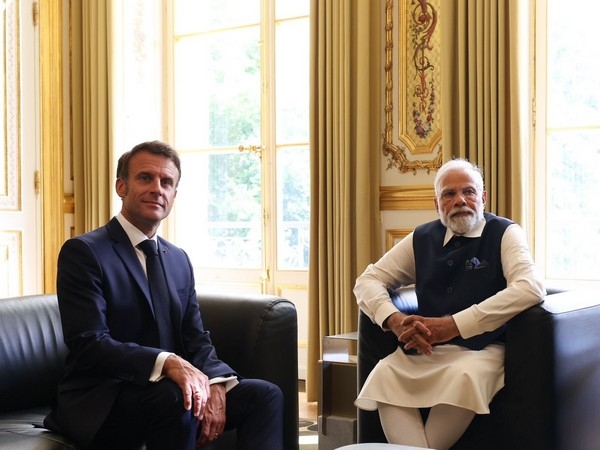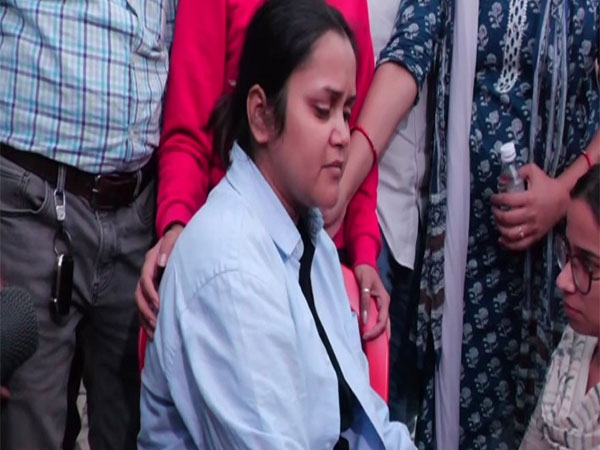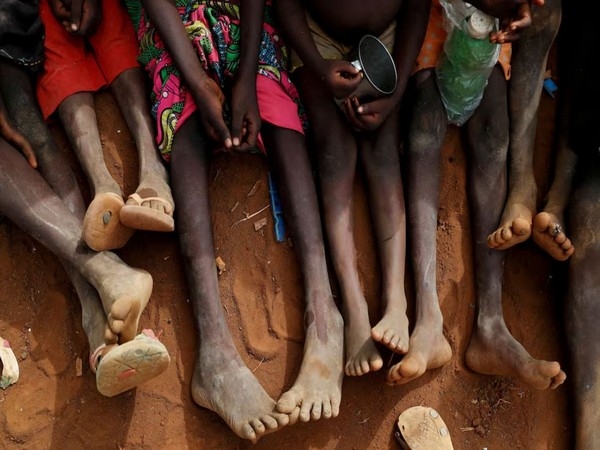Seven years on, this acid attack survivor is still fighting for justice

Seven years, two months and one day. That's how long a young woman from Delhi has been awaiting justice. Sheela (name changed) was attacked with acid on 19 November 2009. Today, she's preparing to go to the Supreme Court, after the Delhi High Court discharged three of the four accused in her case.
The fourth accused, a juvenile who was hired to throw the acid, has been sentenced to three years imprisonment by a juvenile court.
Sheela's face, as well as life, has been scarred by acid. But she's not one to give up.
"It's a lifelong problem. I can't operate the computer, the sun often burns my skin, I need to wear special glasses to go out. Work is very difficult for me, but I still try," she tells Catch.
Also read - Acid attack survivors & Parkinsons disease afflicted to come under amended PWD Act
The case
Back in 2009, Sheela was working as a student counsellor at a college in Panipat, Haryana. She was also pursuing her MBA from the same institute.
Her boss, identified as Yashvinder Mallik in court documents, allegedly attempted to molest Sheela. He supposedly stalked her, harassed her, even hit her, and also forced her to return to the job after she started working elsewhere.
Sheela finally managed to resign from her abusive workplace and was to serve her notice periodtill 1 December 2009, the day when she was attacked. She alleges that Yashvinder's wife hired a student to find someone to attack her. Her motive was jealousy.
"The student had taken Rs 40,000 from the wife to carry out this crime. And he sent his chacha's son," Sheela states.
The four accused, therefore, are the juvenile who threw the acid, the student who roped him in, Yashvinder, for conspiring and attempting to cover up the case, and his wife who orchestrated the attack.
A 7-year battle
The case is "still going on because for 4 years the police didn't do anything," says Sheela.
"I'm from Delhi and [the attack happened] in Panipat, Haryana. I was shifted to Delhi the same day [of the attack] and the cops came to me once to lodge an FIR. After that, the police never came to me again."
The Panipat police have failed to collect evidence or even retain the evidence, such as Sheela's handbag, that was initially recorded. What makes matters worse is that "lack of recovery" and evidence are the grounds on which the Delhi HC chose to discharge the accused.
"The accused were discharged because there was no evidence, no recovery. Is it my fault that there was no recovery, isn't it the police's job?" asks a frustrated Sheela.
"If my clothes are burnt with acid, isn't it the police's responsibility to collect them? How can I collect them if I'm in the ICU?
"My handbag was collected as evidence. But even that disappeared."
Convinced that the police's incompetence was deliberate and due to the political clout of the accused, Sheela demands that her voice be heard.
"They [the accused] have so much political clout that they threatened the CJM [in Panipat] as well as my lawyer. My lawyer then told me she wouldn't be help me beyond a point and that the accused have been released on bail. She recommended me to transfer my case to Delhi."
Also read - Make Love Not Scars: 19-year-old acid attack victim walks the ramp at NYFW
In Delhi, Sheela's case is being handled by Adv. Colin Gonsalves. A senior advocate at Supreme Court and founder/director of the Human Rights Law Network (HRL), Gonsalves is deeply troubled by the gross injustice meted out to Sheela.
"It's a very sad order," he tells Catch, referring to the Delhi HC's verdict.
"It shows that the police completely abdicated [their responsibility]. They seem to be on the side of the accused persons."
Panipat police's responsibility
Both Gonsalves and Sheela are outraged by how she, despite being the victim, has been expected to provide all evidence to prove her case.
"Why is the victim answerable for the police's botched up investigation?," Sheela asks. "If that's how it works, maybe victims everywhere should investigate. That's what it all boils down to, right?"
"And instead of helping me, the police has made matters worse."
According to Gonsalves, the HC has passed an order discharging the accused as if "the burden was on the victim to produce evidence".
"The police are supposed to investigate, the police are supposed to get the evidence, and ignoring all the police lapses, unlike the juvenile court magistrate who has commented very scathingly on the police conduct." The HC, he says, has failed.
Gonsalves insists, "The magistrate (at juvenile court) who is much junior to the HC judge has correctly assessed the situation."
The juvenile court magistrate's judgement notes that "the damage" suffered by Sheela "was not only physical but also deprived the victim of her right to live without infirmities."
The injuries, the magistrate notes, were "threatening and could have resulted in her death".
Commenting on the investigation and the alleged police incompetence, the magistrate strongly noted, "Lapses committed by the police in investigation of this case... seems to be deliberate."
Justice beyond compensation
In 2013, months after the 'Nirbhaya' incident, Sheela found some respite through the 181 women's helpline introduced in the wake of the gang rape.
"I told them please don't say this is outside your jurisdiction, I'm from Delhi."
In January 2015, Sheela's case, after a due trial in Rohini - as per Supreme Court orders - was moved to the Delhi High Court.
She fails to understand how even after the juvenile court sentenced the juvenile, the HC couldn't make the connection.
"The HC has failed to recognise his association with the other three accused. The people who conspired have been discharged," Sheela states.
She claims that she has been "accused of chasing this case for compensation."
"Of course I'll get compensation," she says angrily, asking, "but would I throw acid on my face for it?"
Sheela has spent about Rs 17-18 lakh in the past 7 years over her treatment. She expects to spend a lot more in future. But while compensation would help her immensely, she would like to get justice first.
"I am just asking for my rights," she says.
Also read - Video: Acid attack survivor Laxmi becomes the face of a fashion label
She understands that justice may not seem fair, for the accused would never suffer the pain she has.
"There's no real justice here because I need to deal with this for the rest of my life," she says, adding, "but as per law, they must get the punishment they deserve, be it 10 years or 15 years."
"If revenge was what I needed, I could attack them too, couldn't I? But that's a crime. I'd rather have justice."
Ban acid
Sheela strongly advocates for a blanket ban on acid. She sees this as the only solution to a problem that seems to be "spreading like an epidemic."
Acid attacks, she says, "have been used as a means to attack women alone in the past, but recently, it's been used in cases of brawls, property disputes etc.
"The Supreme Court order for regulation isn't moving forward. The sale of acid isn't regulated at all. The only option I see is to ban it.
"If it's banned, at least it won't be easy to find. It's currently available over the counter, even a child can buy it."
That Sheela finds it in her to talk about the sale of acid in general, when asked about the one thing she'd like to communicate, is indicative of how far she wants to take this battle.
For now though, she will go knocking on the apex court's door.
"Inshallah, I'm hopeful the Supreme Court will give me justice," says Sheela.
First published: 20 January 2017, 9:38 IST





![BJP's Kapil Mishra recreates Shankar Mahadevan’s ‘Breathless’ song to highlight Delhi pollution [WATCH] BJP's Kapil Mishra recreates Shankar Mahadevan’s ‘Breathless’ song to highlight Delhi pollution [WATCH]](https://images.catchnews.com/upload/2022/11/03/kapil-mishra_240884_300x172.png)

![Anupam Kher shares pictures of his toned body on 67th birthday [MUST SEE] Anupam Kher shares pictures of his toned body on 67th birthday [MUST SEE]](https://images.catchnews.com/upload/2022/03/07/Anupam_kher_231145_300x172.jpg)






